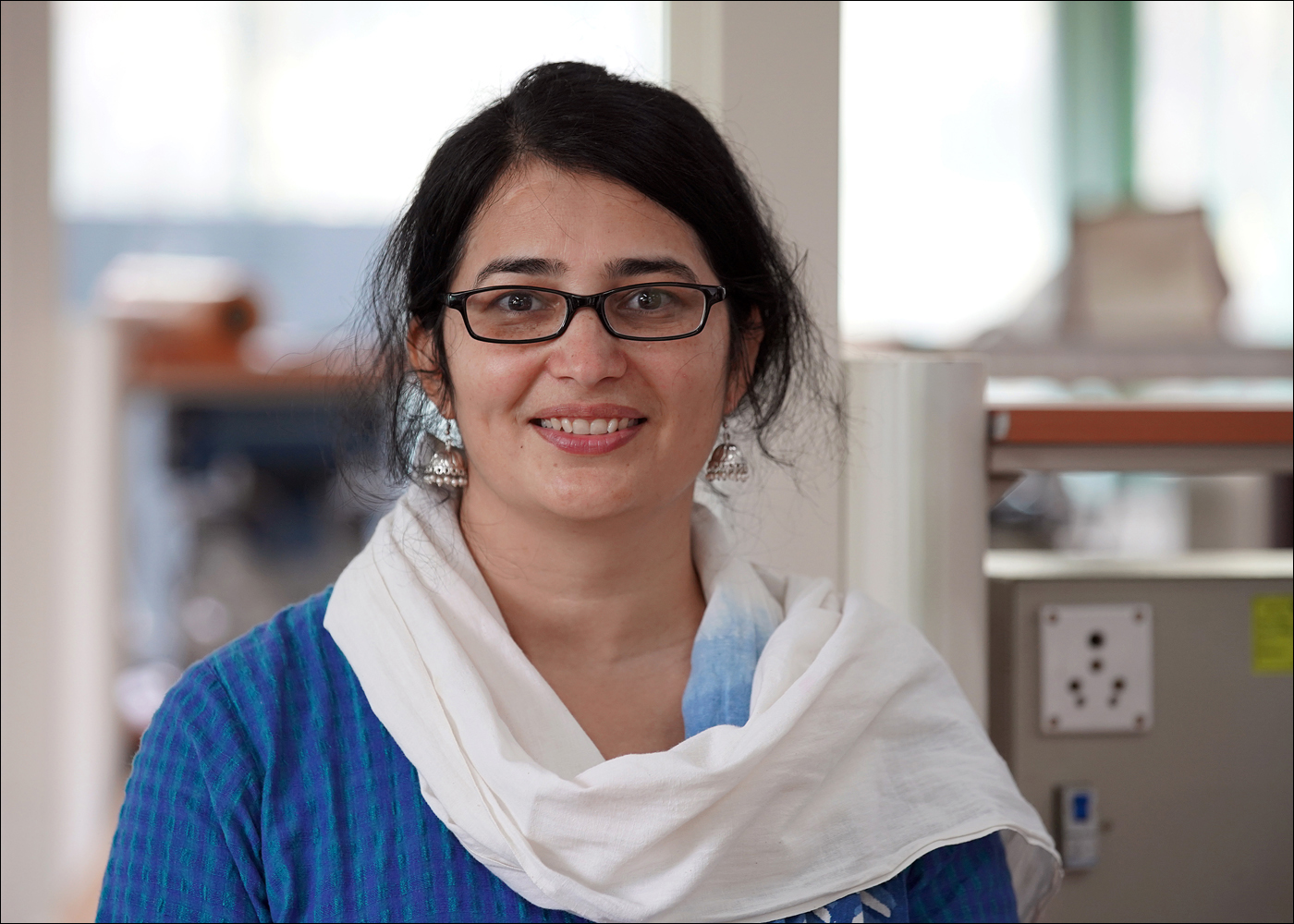Women Scientists in IISc – Dr. Sudha Kumari

————–
Dr Sudha Kumari is an Assistant Professor in the Department of Microbiology and Cell Biology. She joined IISc in 2021. Her area of research is the cell biology of immunosurveillance in diseases and therapies. She did her PhD at the National Centre for Biological Sciences, and postdoc at the Massachusetts Institute of Technology and NYU School of Medicine.
- When did you first realise that you wanted to be a scientist?
It was not a single moment but a gradual process for me. Growing up, I read about the discoveries made by great naturalists. By the time I was done with high school, it was clear to me that I want to be one of ‘them’. I wanted to understand and explore nature. In fact I never could imagine any other career after that.
- What attracted you to apply to and join IISc?
IISc has a long-standing tradition of path-breaking research. I was excited and honoured to learn that I could be a part of this culture. Also, I was fascinated by the research environment here. It is highly interdisciplinary. You can literally walk out of your office and talk to colleagues in your department or other departments over tea. This culture stimulates new ideas, discoveries, and solutions. It was a big plus for me.
- What will your research at IISc focus on?
I am an immune cell biologist and my research at IISc will focus on understanding immunosurveillance by T cells. T cells patrol our body to find signatures of pathogens, cancer and so on, and react when they do encounter them. My research will focus on what strategies they use to effectively search the body, how they fail when diseases such as cancer develop, and how we might boost their function for therapy of diseases.
- Why did you choose this area of research?
I am a cell biologist at heart. What that means is that I want to understand how a cell behaves under normal circumstances, and from that comes the knowledge of how and why cells behave abnormally in disease states, and then how we may alter the cell’s behaviour in diseases for a favourable outcome. So, I chose to work on T cell biology in diseases and immunotherapies because it is a perfect combination of curiosity-driven science and pre-translational research.
- What are the big unresolved questions in your field?
The effect of tissue microenvironment on immune cell biology is a very new area of research, and is not well understood. It is an especially confounding topic because the immune cell environment is not static. As these cells infiltrate, migrate and home into all kinds of tissues for defending our body, their environment is constantly changing. How the same cells adapt to such crazy environmental variations is fascinating but not well understood.
- What is the most important advice you got that you think has helped you in your career?
That’s a great question. Early on in my career, I was advised to learn to ask good questions. As a scientist you are as good as the question you ask. Later on, one of my mentors further advised to primarily focus on “why” and not simply “what” and “how” in biology when picking up your research questions. This advice has stayed with me and has helped me on many levels.
- If you had any mentors or role models in science, who were they and what do you think you’ve learned most from them?
I have had the great fortune to know some great mentors and role models in and out of science. They include my former academic mentors, collaborators, and now some colleagues here in IISc as well. One thing common in all of them is that they really really enjoyed science and questioning existing knowledge. My mentors outside of science have been my parents and family who seeded the curiosity and scientific thought in me from early on.
- What is the most fulfilling thing about a life in science?
I think it is a life where you get to engage in beauty of everyday phenomena, the scientific truth behind processes, mentoring the next generation of scientists andservice to society, all at the same time. Also, the thrill of pushing humanity’s boundary of knowledge has a satisfaction that nothing else can match.
Click here for some of the Other Women in Science




